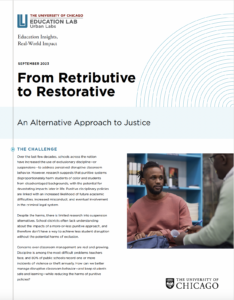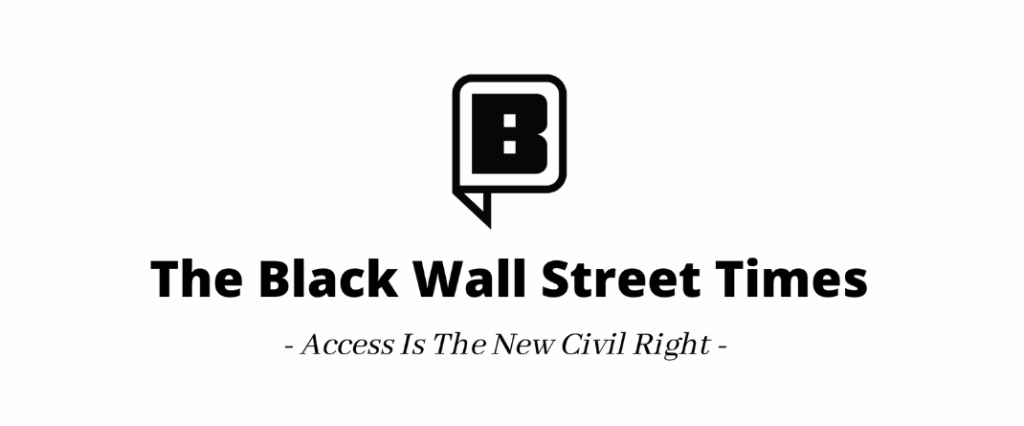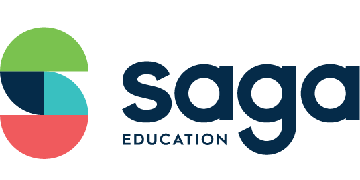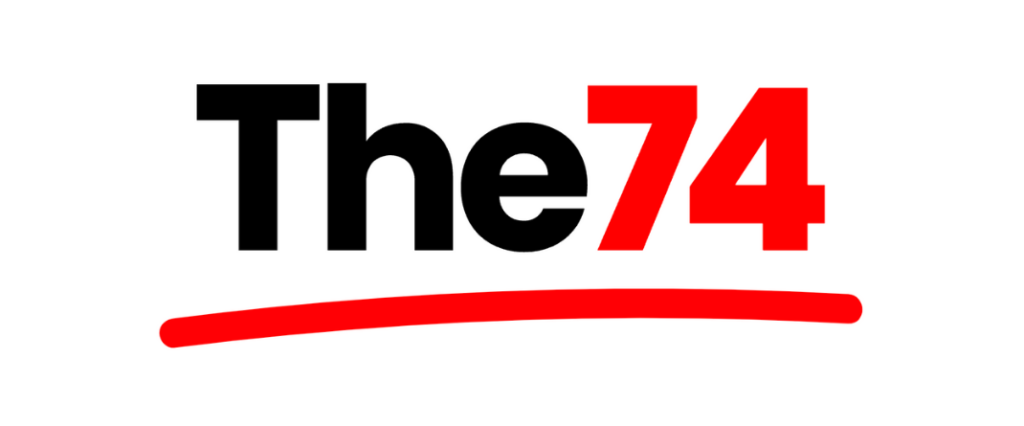Sep 2023
Becker Friedman Institute Working Paper- From Retributive to Restorative: An Alternative Approach to Justice
Topics
Projects
Read the Education Lab working paper that delves into the implementation of restorative practices within Chicago Public Schools and outlines the study’s findings.
School districts historically approached conflict-resolution from a zero-sum perspective: suspend students seen as disruptive and potentially harm them, or avoid suspensions and harm their classmates. Restorative practices (RP) – focused on reparation and shared ownership of disciplinary justice – are designed to avoid this trade-off by addressing undesirable behavior without imparting harm. This study examines Chicago Public Schools’ adoption of RP. We identify decreased suspensions, improved school climate, and find no evidence of increased classroom disruption. We estimate a 19% decrease in arrests, including for violent offenses, with reduced arrests outside of school, providing evidence that RP substantively changed behavior.
Topics
Projects

Private: From Retributive to Restorative: An Alternative Approach to Justice
This research brief details the findings from the Education Lab’s study of the effect of restorative practices in Chicago Public Schools.
Latest Updates
Football player-turned math tutor tackles state’s low test scores
The Black Wall Street Times’ Deon Osborne cites Education Lab research from the Personalized Learning Initiative (PLI) which found that students who received high dosage tutoring saw positive gains on end-of-year math test scores.

Deep Dive on High-Impact Tutoring
Saga Education published a series that uncovers key strategies for creating lasting educational success, such as effective ways to integrate tutoring into the school day and how ongoing tutor support leads to better student outcomes, featuring insights from Education Lab Senior Research Director Monica Bhatt.

The Case for Doubling Down on Tutoring, a Proven Solution We Can’t Afford to Lose
Accelerate CEO Kevin Huffman and Education Lab executive director Sadie Stockdale Jefferson penned an op-ed that calls for doubling down on investing in tutoring programs as federal aid winds down and academic gaps persist five years after the onset of the COVID-19 pandemic.

